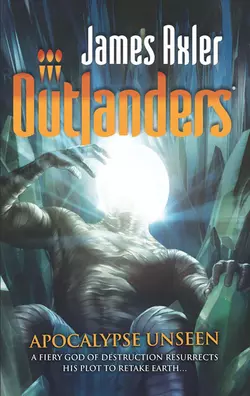Apocalypse Unseen

James Axler
Тип: электронная книга
Жанр: Современная зарубежная литература
Язык: на английском языке
Стоимость: 150.68 ₽
Статус: В продаже
Издательство: HarperCollins
Дата публикации: 16.04.2024
Отзывы: Пока нет Добавить отзыв
О книге: Battlefield Earth…Far in the future, mankind endures the relentless onslaught of alien oppressors, an ancient battle whose tide has begun to turn through the efforts of the Cerberus rebels. This remarkable band of warriors fights an elusive enemy, traveling through dangerous portals of time and space, where reality and un-reality collide in stunning, deadly purpose…Light of the damned…The diamond mines of the Congo are ground zero for a calculated new power grab by an ancient Mesopotamian god. Darkened and depraved, Nergal intends to harness the power of light to lock humanity in the blackness of eternal damnation. But Nergal′s ability to blind his opponents is only the beginning. The Cerberus rebels will have to find the human who′s pulling Nergal′s strings…which means venturing into the gaping mouth of hell itself.